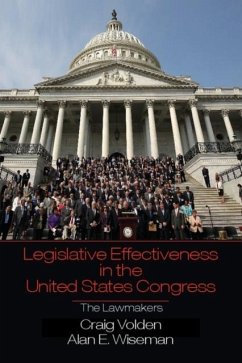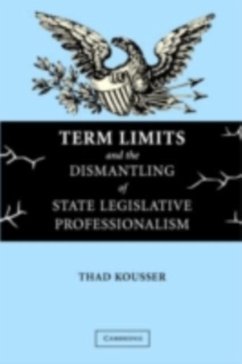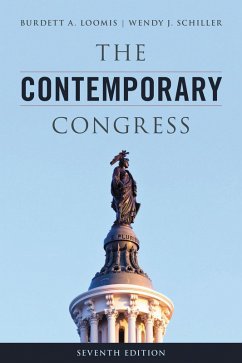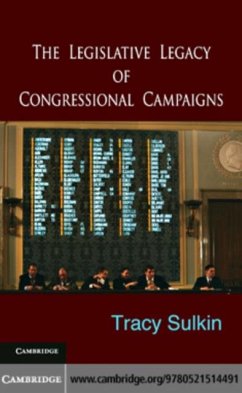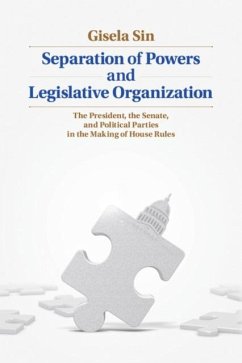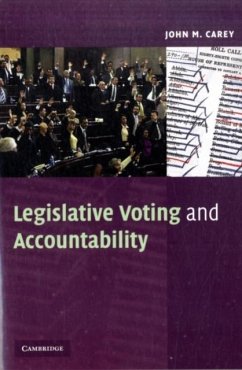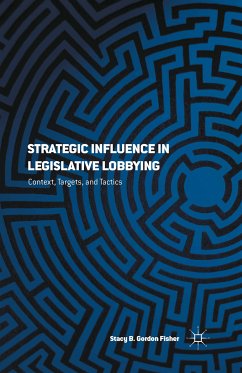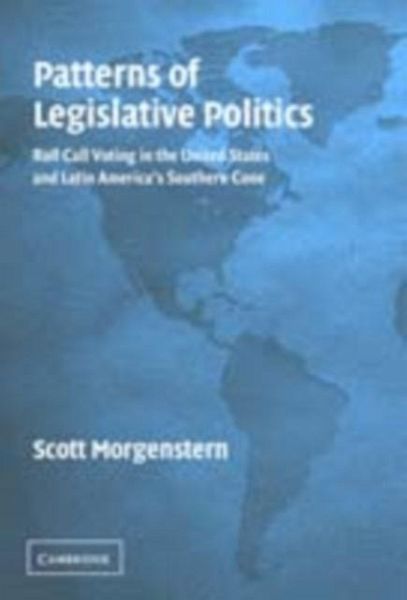
Patterns of Legislative Politics (eBook, PDF)
Roll-Call Voting in Latin America and the United States
Versandkostenfrei!
Sofort per Download lieferbar
31,95 €
inkl. MwSt.
Weitere Ausgaben:

PAYBACK Punkte
16 °P sammeln!
Using the United States as a basis of comparison, this book makes extensive use of roll call data to explore patterns of legislative politics in Argentina, Brazil, Chile and Uruguay. It distinguishes among parties, factions, coalitions and delegations based on the extent to which they are unified in their voting and/or willing to form policy coalitions with other legislative 'agents'. It discusses the voting unity and ballot systems that allow voters to identify an agent, and describes the degree to which those agents have been flexible with regards to the formation of policy coalitions. It al...
Using the United States as a basis of comparison, this book makes extensive use of roll call data to explore patterns of legislative politics in Argentina, Brazil, Chile and Uruguay. It distinguishes among parties, factions, coalitions and delegations based on the extent to which they are unified in their voting and/or willing to form policy coalitions with other legislative 'agents'. It discusses the voting unity and ballot systems that allow voters to identify an agent, and describes the degree to which those agents have been flexible with regards to the formation of policy coalitions. It also shows that the US parties have exhibited higher levels of unity but less flexibility in recent years, and thus contrast the prevailing pattern in Latin America. The book focuses its explanation for the patterns on the role of candidate nominations, other aspects of the electoral system and the legislators' ideological alignments.
Dieser Download kann aus rechtlichen Gründen nur mit Rechnungsadresse in A, B, BG, CY, CZ, D, DK, EW, E, FIN, F, GR, HR, H, IRL, I, LT, L, LR, M, NL, PL, P, R, S, SLO, SK ausgeliefert werden.





